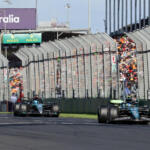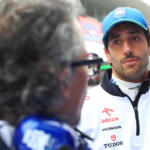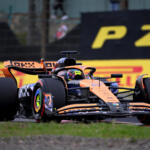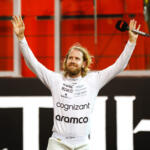FORMULA 1 BEYOND BERNIE ECCLESTONE
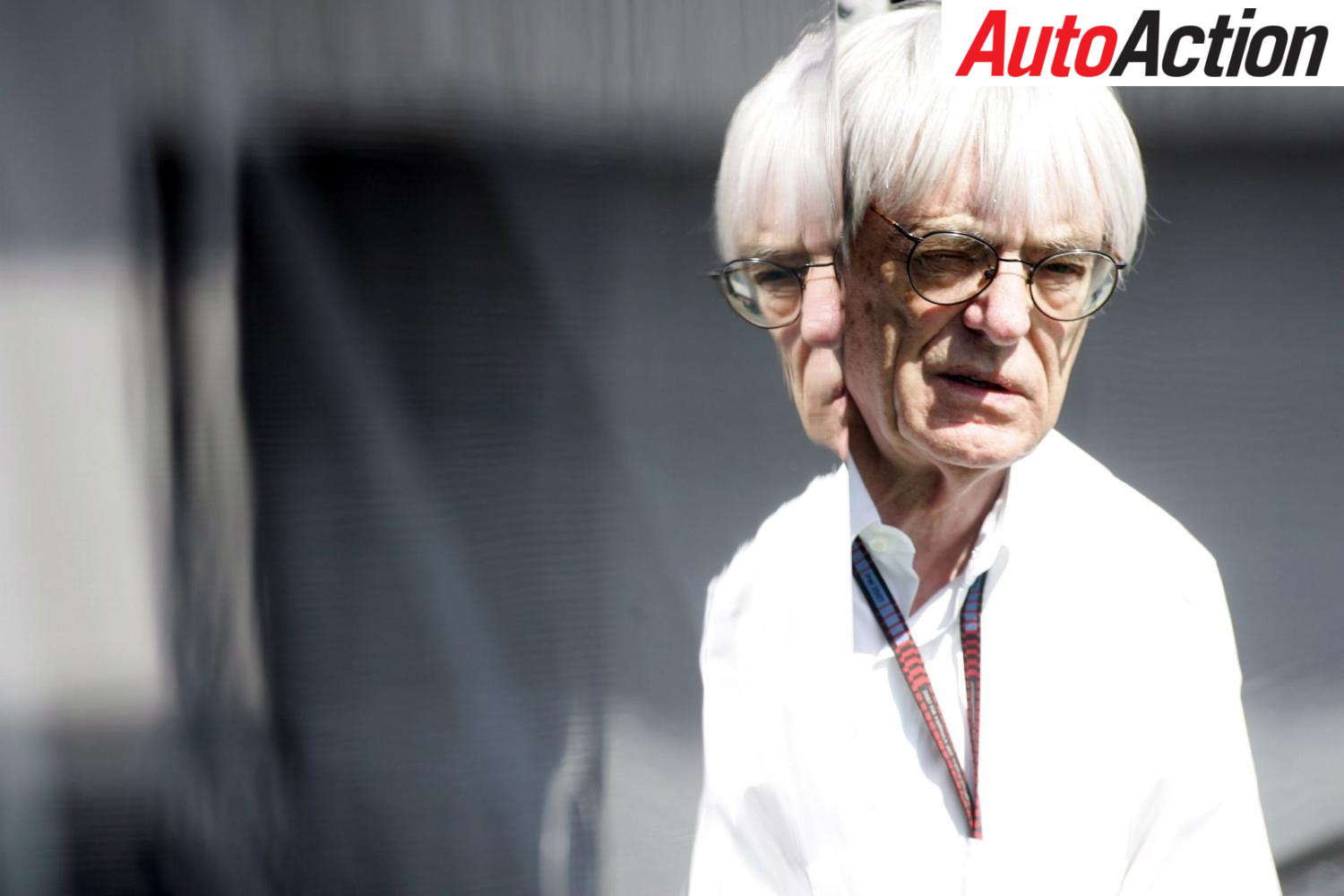
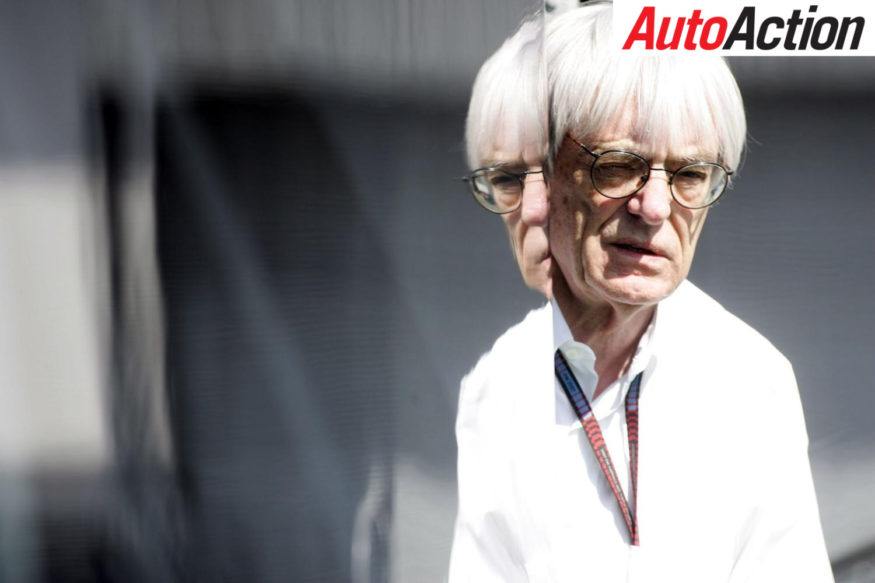
Formula 1 beyond Bernie Ecclestone – Photo: LAT
FORMULA 1 has changed and motor racing will never be the same again.
The most influential man in the sport’s history, Bernie Ecclestone, is no longer in charge. After four decades at the epicentre of F1, he has moved on – or perhaps more accurately, been moved on.
For as long as many fans have followed the sport, Ecclestone ran it. It would be no exaggeration to say that an era ended last month when Liberty Media completed its acquisition of Formula One and, nearly immediately, changed the management structure. Three men have replaced Ecclestone; Liberty chief Chase Carey, Sean Bratches, who will be Managing Director, Commercial Operations, and Ross Brawn, Managing Director, Motor Sports.
Bernie’s future role in the sport, if any? Unknown.
It would be easy to paint Ecclestone as the man who put the sport in its current malaise; where teams that compete in the most overtly commercial sport in the world, and one of the most widely-viewed on a regular basis, are fighting for their financial survival. But it would be quite unfair to not look at what he did, for so long, to make the sport the billion-dollar spectacle it became.
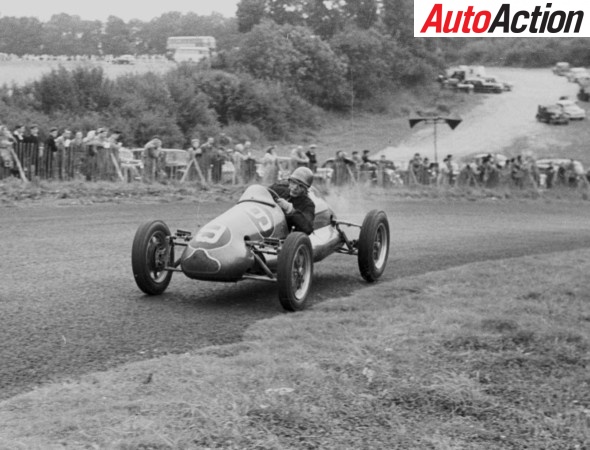
Bernie Ecclestone competing in a club level race meeting in 1951 – Photo: LAT
Likewise, it is easy to overlook that Ecclestone raced himself – not at any high level, or with much success – and managed drivers, before buying a team and making his mark.
That team, Brabham, was a powerhouse. It won two world titles, both for Nelson Piquet, the second of which was the first in the sport to be won with a turbocharged engine. When Ecclestone bought the team in 1971 Gordon Murray was already there; recognising his talent, he was promptly promoted the South African to Chief Designer, and the succession of cars that followed transformed the sport.
Ecclestone may not have gone down down in history as one of the visionary owners in the sport, but that may be mainly because of what he did separately, and after he sold the team, completely overwhelmed those achievements. In the same way that Sir Jack Brabham is often omitted from lists of the great drivers because of what he managed to achieve as a team owner, Ecclestone’s legacy from what he did to F1’s business overshadows what he did at Brabham – which was a great deal.
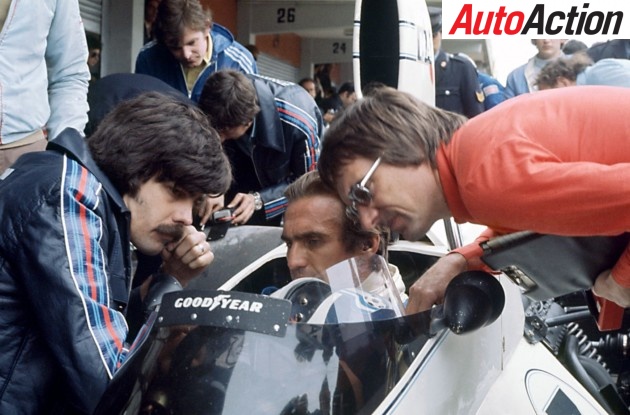
Bernie Ecclestone owned the Brabham Formula 1 team during the 70’s – Photo: LAT
To look at what Ecclestone did to the sport, one only has to look at the state it was in before he took control. As detailed in AA last year in the race reports of the 1966 season, teams and drivers would routinely attend or skip events as they saw fit. Ferrari missed the British GP that year because… well, there are various explanations as to why. Teams would negotiate their own start money from the (usually) tight-fisted race promoters. Television coverage was sporadic; it was not unusual to see a broadcast interrupted by football, or for the 3:20 race from Epsom.
And the events themselves; some would have two hour Practice sessions, some 90 minutes, held at varying times. The sport was, not to be unkind, a mess.
Under Ecclestone organised the sport. Race promoters would know that, barring incident or political unrest in the sport, the teams and drivers that were scheduled to appear would do so. They knew that the race would be broadcast, at a firm start time, in the countries that had deals – even if numbers of how many eyeballs were watching were somewhat… imprecise.
The turning point came in Japan in 1976. TV executives wanted to show the Mt Fuji showdown between James Hunt and Niki Lauda for the title. Ecclestone was delegated to do the deals, and he cleverly attached a rider that to get the Japanese race, the networks would have to sign up for the ’77 season as well. They did; the audience grew. Ecclestone offered the other team owners a share of the action, provided they would contribute to the cost of setting up the deal. All the other owners declined and Ecclestone himself underwrote the deals that would make him a wealthy man.
If there is criticism to be laid, it has centred on the fact that the business model he put in place did not evolve greatly. TV and hosting rights were the cornerstone of the sport’s revenues, and while that worked in the 1980s and ’90s, it did not move with online technology in the 21st century.
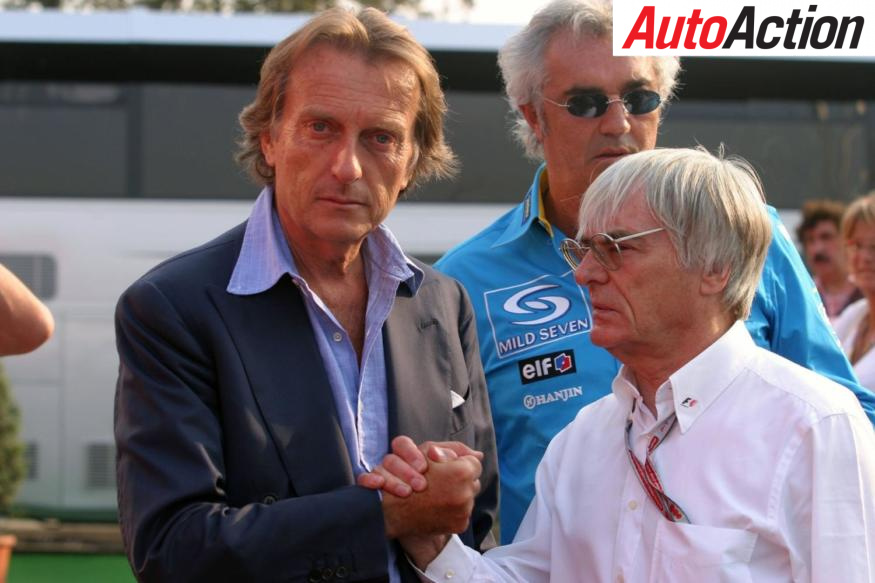
Bernie Ecclestone has been criticised for not embracing the digital age – Photo: LAT
But if criticism of Ecclestone for not embracing the digital age is warranted, he clearly deserves credit for raising the safety standards in the sport, from top to bottom. When prominent English surgeon Prof Sid Watkins was put in charge of improving the medical facilities in F1, he did it with the full backing of Ecclestone. There were times when promoters bristled at what they were told to do; to his credit, Ecclestone stood firm. A businessman he may have been but he did not back down when it came to protecting the drivers and the officials.
Through it all, he remained adept at getting the sport in the headlines – or at least, the part of the sport he wanted in the headlines. If he hinted that a particular country was looking at a race in the future, the subtext was often that an existing promoter was wavering at the cost of re-signing a long-term deal. Ecclestone was an expert at brinkmanship, and more comfortable than many at standing on the very edge.
In dealing with the traditional media, he was an expert. Rarely have so few words carried such meaning, and those words were carefully chosen. A common response to a curly question was to ask ‘What do you think?’, so to divert the conversation. Ecclestone was rarely cornered or bettered by the media.
When all is said and done, Bernie Ecclestone did what he said he would do. He made Formula 1 a global extravaganza. Someone else may have been able to do it, but no one else had the opportunity. Now they do, and we will have to see what happens.
But it will be, at least, a little bit strange when the cars take the grid at Albert Park to know that the small man with the huge power is not in charge any more…
Pick up the latest Auto Action magazine for all the latest Formula 1 news. Also follow us on social media Facebook, Twitter and Instagram for updates between events.


